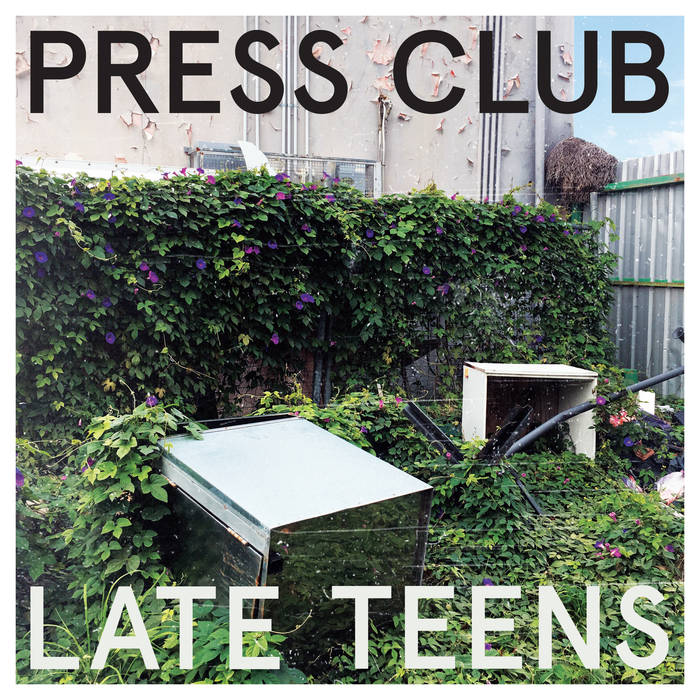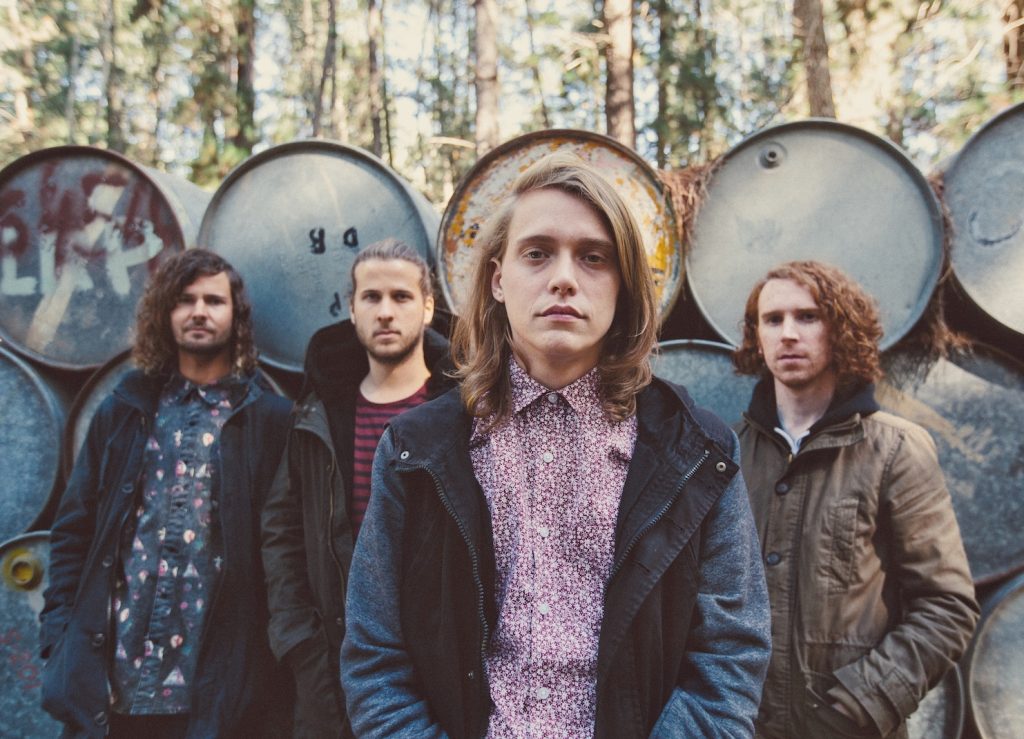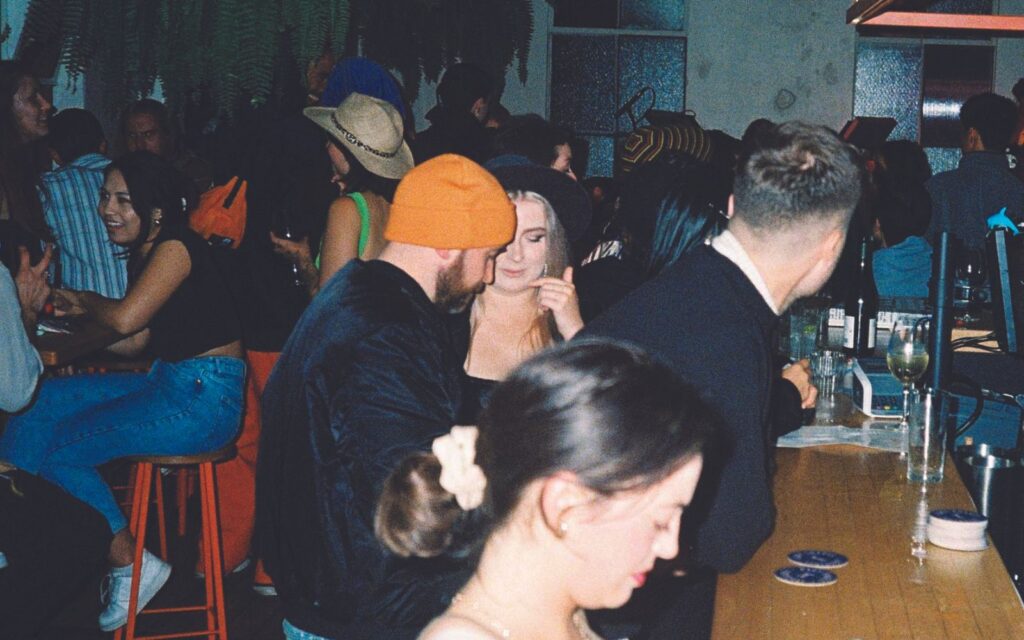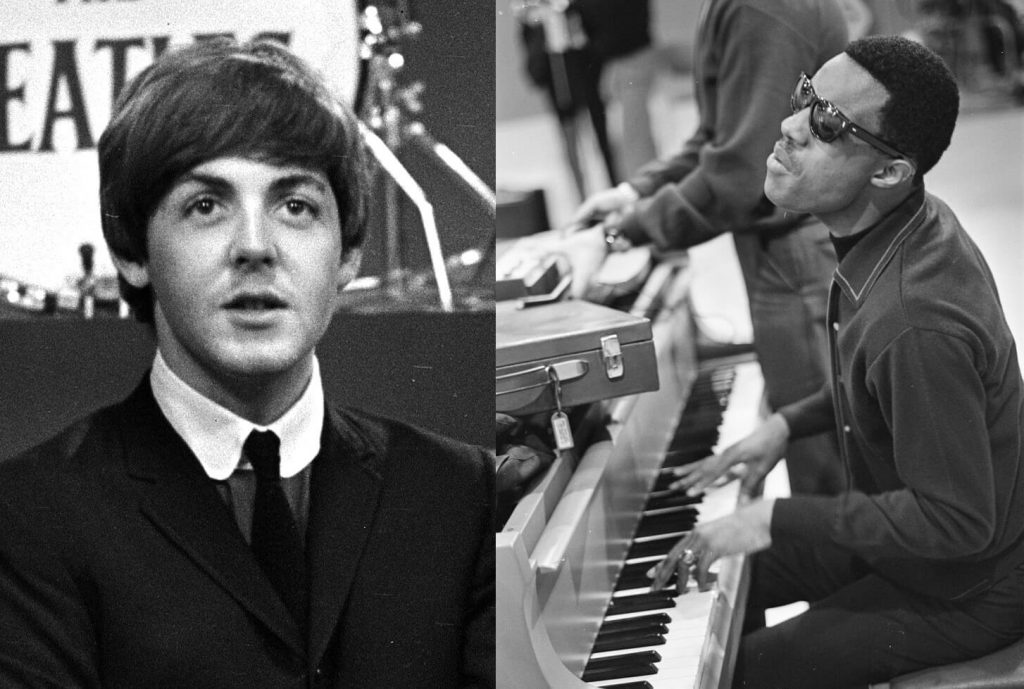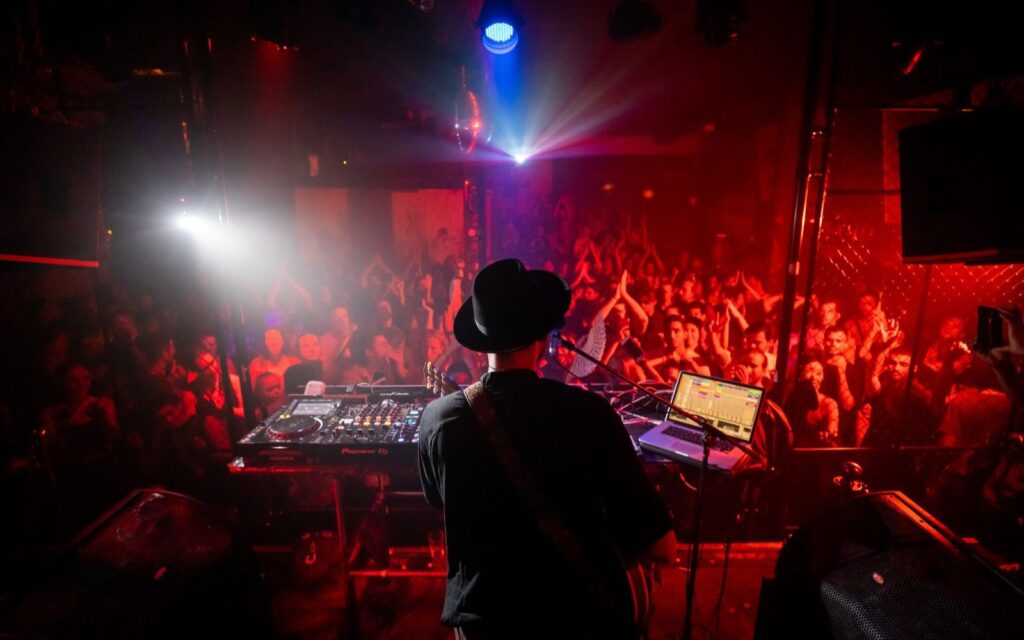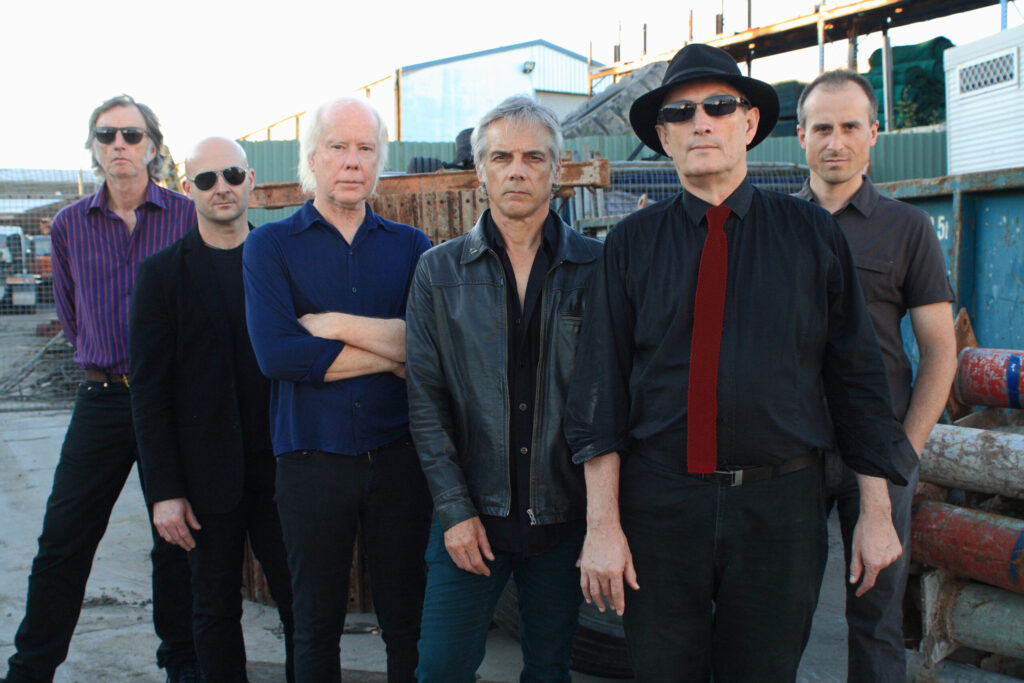It’s difficult to imagine a more evocative landscape than winter woods. Branches bowed with snow, the smell of crisp Swedish air and the stirrings of a Robert Frost poem, a well-lit cabin aglow in the distance. Fertile grounds for songwriting, in other words, and it’s here that Jose Gonzalez is reflecting on his compulsion to create.
“Many times I find it difficult to find the words to explain [my songs]”, he says. “If I mention Simon & Garfunkel, everybody knows them and what I’m comparing to. If I mention The Microphones, people might not. In a way I’m pretty comfortable with record stores, journalists describing what I’m doing, and then I’m happy to talk about how I think about sounds. Writing, I look at the music I’m doing from different angles, and often I’m working in different times. With the guitar, I’m only thinking about rhythms, harmonies, just the music. The words, it’s on a different level – the language, the meaning of the words. You could say it reflects different parts of me, that it’s mostly about being different…things.”
He laughs, aware that his description is somewhat vague. We’ve spoken once before, two years ago when his last album, Vestiges and Claws was released. Back then, he struggled even more to give some insight into what his writing process is like, and how he sees his talent evolving. Today he’s more expansive and, at the risk of too great an assumption, sounds like a much more relaxed and happy man.
“I write with different approaches, and especially when I’m about to finish an album – like now, where I’m not finished, but I have six or seven songs, and figuring out which other three or four songs will make the record great – that’s usually when I sit down and decide, I want to have another harmonic song, or I want to have a percussive song. I will decide beforehand what I want, and tune the guitar a certain way. Other times, it’s more a stream-of-consciousness type of writing. I sit in a hotel room and pick up a guitar to see what happens. Same with lyrics. Sometimes I’ll set out to write a specific thing, and if I have maybe one or two sentences in mind I’ll probably know what that thing will be. Other times I’m just writing down words that sound good, and later I’ll find a meaning.”
As Gonzalez has grown – both as a person, and an artist – so too has the landscape of his music changed. He no longer even tries to write while on tour; he’d rather enjoy the cities he visits and not frustrate those around him whenever the writing stalled. He believes he’s grown more romantic with age, more drawn to wanders in the wilderness, with spaces of regular, solo reflection.
“I’ve been trying to avoid writing for others. It takes energy and time from my own writing, and my own visions. Doing collaborations can feel that way. I learn something with it, but usually I feel like I want to go back and do my own thing at the end. That’s my approach these days. To continue writing on my own, and then do collaborations with the songs that I’ve written. But it’s nice to grow. I’m still strangely open to other experiences.”
It means the chances of seeing his sideband, Junip, reforming again anytime soon are rather slim. For these Melbourne shows, audiences are going to be finding yet another side of Gonzalez. From expansive interpretations of his songs with full bands and orchestras, he’s stripping performances back to their core. After all these years he may still not be comfortable as the singer-songwriter standing alone beneath a spotlight, heart on his sleeve. But now, he has learned to let the music carry him through.
“I’ll be performing solo on stage, compared to many other shows I’ve been doing lately, where I’ve been playing with a five-piece and with an orchestra. To me, it felt like something I really wanted to do, to go back to my original style, which is also most similar to the recordings. That’s the form for the Australia tour.
“I’ve been a bit uncomfortable at times with that [solo] role. I think the reason why I invited other musicians on stage was partly because of that. To mix experiences with others, to step back for a moment and let the others do the playing. It’s really fun to play on my own when I have a good sound, and many of the intricate parts of the songs have got lost or changed with the orchestra, so I felt like part of my original style was lost, and I wanted to go back to that.
“In my mind I was thinking about how I used to enjoy just one classical guitar, not even a voice, and how that could fill an entire room. As long as you know your instrument, you can reach people on your own. There’s feeling comfortable as an entertainer, compared to being a musician who is there delivering songs. After more than a thousand shows, I’m still uncomfortable as the entertainer.”

